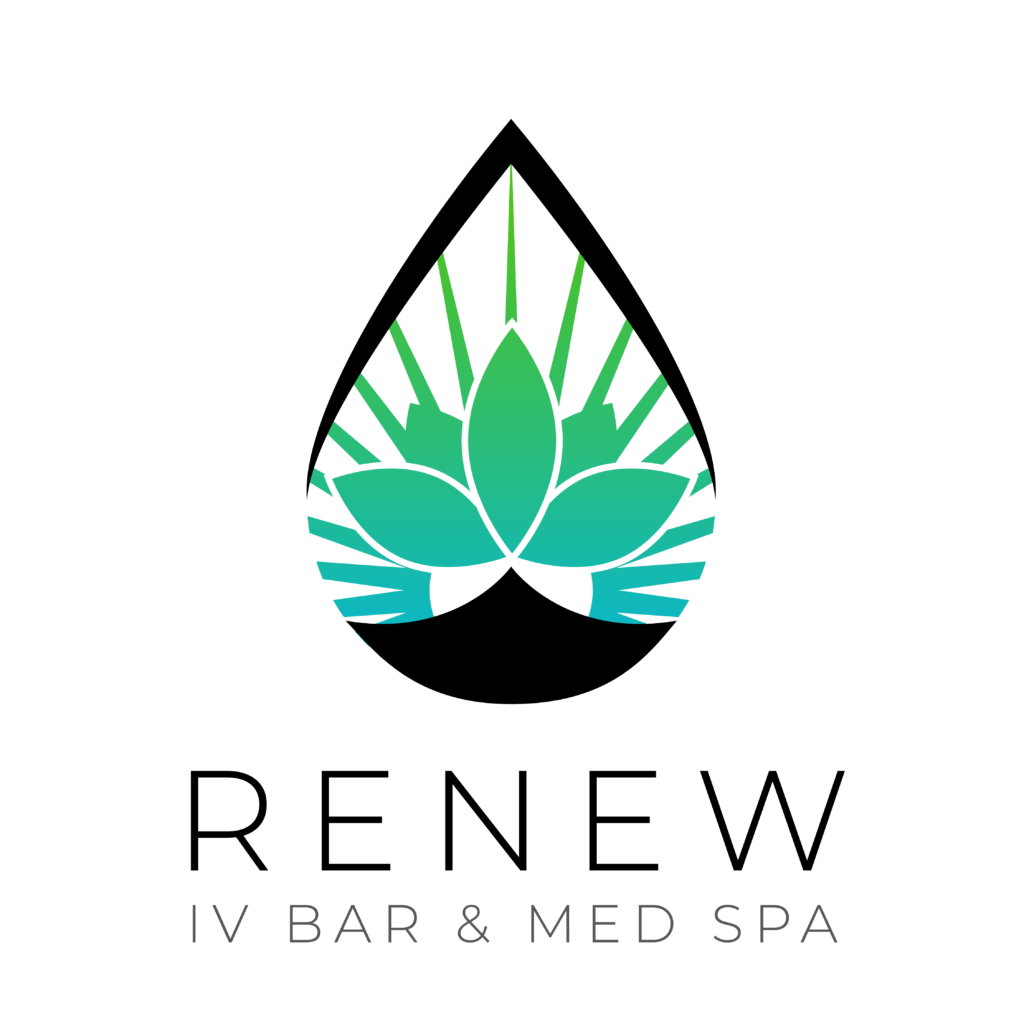A lot of people put health and wellness at the top of their list of concerns because they want to live longer and more productive lives with fewer health problems. There is a deluge of possibilities out there, each of which claims to be the one that can finally put an end to your health problem. NAD+ or NDA+ IV therapy is undoubtedly named as one of the most effective methods for that.
Defining NAD+: What Is It?
Nicotinamide adenine dinucleotide (NAD+) is a coenzyme involved in metabolism and energy synthesis in every cell of the body. There are two nucleotides in this molecule: nicotinamide and adenosine. It is a dinucleotide because of its double-stranded nature.
Niacin, or vitamin B3, is an essential substance that the body uses to make NAD+ through a process called a nicotinamide salvage route. By serving as a “carrier” for electrons, cellular respiration transfers the energy contained in molecules like glucose to the ATP-producing mitochondria. In order to generate ATP (adenosine triphosphate), the body’s primary source of energy, this transfer must take place.
Energy generation and cellular function decrease with age because of a reduction in NAD+ levels. This depletion of NAD+ can be brought on by a variety of reasons, such as oxidative stress, inflammation, a bad diet, and unhealthy lifestyle choices including smoking, drinking too much, and not getting enough exercise.
What Does Research Say About NAD+?
NAD+, or nicotinamide adenine dinucleotide, has drawn significant attention in the scientific community for its potential role in addressing a variety of health-related concerns. It’s a crucial molecule found in every cell in your body, involved in energy metabolism, DNA repair, and even aging. Numerous studies suggest that NAD+ levels decline as we age, which might be a contributing factor to the aging process and age-related diseases.
Preclinical studies, predominantly in animal models, have shown that boosting NAD+ levels can improve various aspects of health and longevity. These findings include enhancing mitochondrial function, protecting against DNA damage, and promoting healthy aging, among others.
What Are The Benefits and Uses of NAD+?
Numerous studies in recent years have shown the positive effects of NAD+ on health and fitness. In addition to its promise in the treatment of a wide range of diseases and disorders, NAD+ has been widely used to help people look and feel their best. Let’s examine a few of these advantages.
Anti-aging
NAD+’s potential to slow down the aging process is one of its most promising benefits. While NAD is essential for cells to produce and use energy, its levels tend to decline with age. Damage to cells and age-related disorders have both been linked to low NAD levels. The aging process can be slowed by taking NAD+ supplements, which assist replenish NAD levels in the body.
By improving cellular energy generation and repair mechanisms, NAD+ can extend cell life, which in turn slows the development of wrinkles and other visible symptoms of cellular aging. The cellular longevity molecule NAD+ can also assist boost the levels of other important anti-aging compounds like sirtuins.
Energizes The Body
During cellular respiration, NAD+ assists in the transport of electrons from one molecule to another, playing a crucial role in energy metabolism. This procedure is essential for producing ATP, the energy currency that powers the myriad cellular processes. Low levels of NAD+ are associated with lower energy generation, which in turn causes weakness, weariness, and impaired physical and mental function.
By restoring energy levels and boosting overall health and fitness, NAD+ supplements help us operate at our very best.
Psychological Disorders
Mood and anxiety disorders, as well as neurodegenerative diseases, may respond to NAD+ treatment.The loss of NAD+ has been related to a number of neurological illnesses, possibly because of its role in regulating neurotransmitter levels and energy metabolism in the brain. NAD+ has been shown to have positive effects on mood, anxiety, memory, and other cognitive processes.
In addition to lowering the likelihood of developing neurodegenerative disorders like Alzheimer’s and Parkinson’s, NAD+ can shield the brain against the effects of aging.
Addiction
The medical potential of NAD+ for the treatment of addiction, especially alcohol and drug abuse, is enormous. Low levels of NAD+ impair the brain’s ability to regulate its reward and motivation systems, making it more difficult to break bad habits. When NAD+ levels in the brain are restored with supplementation, cravings for addictive substances may decrease.


